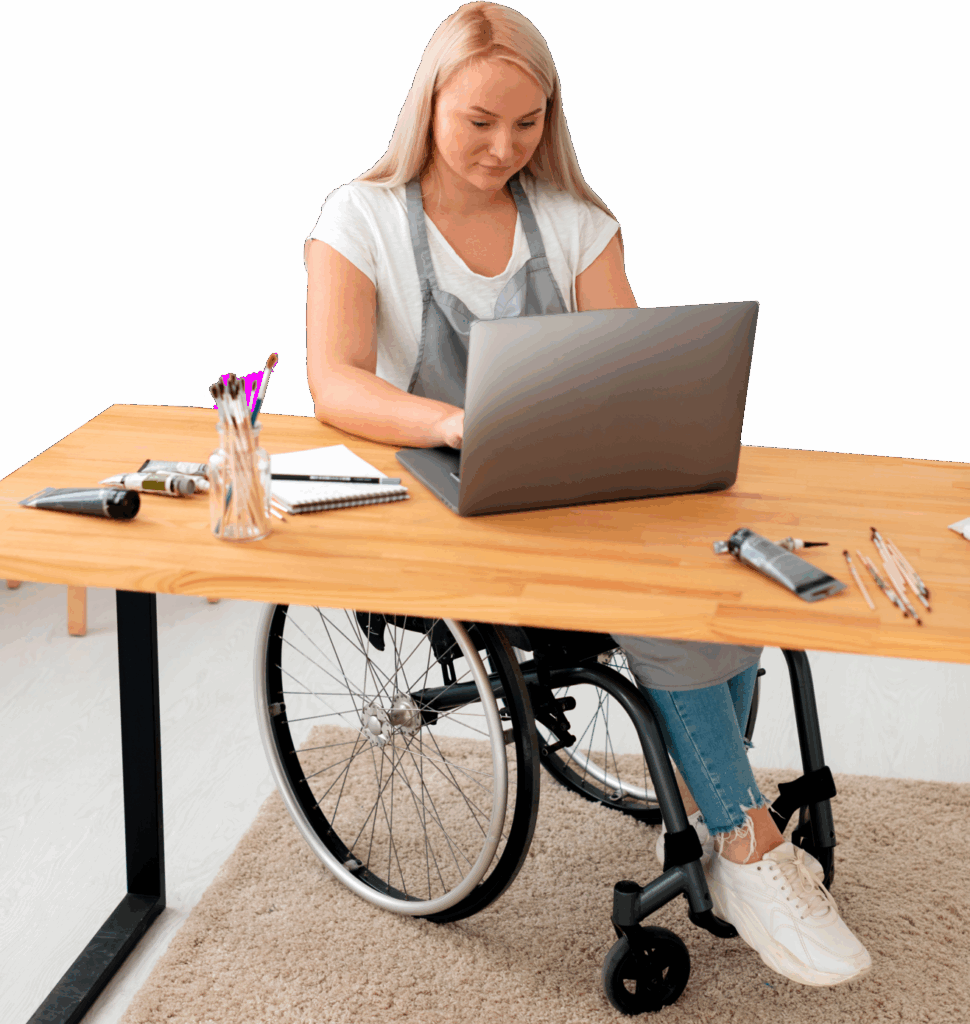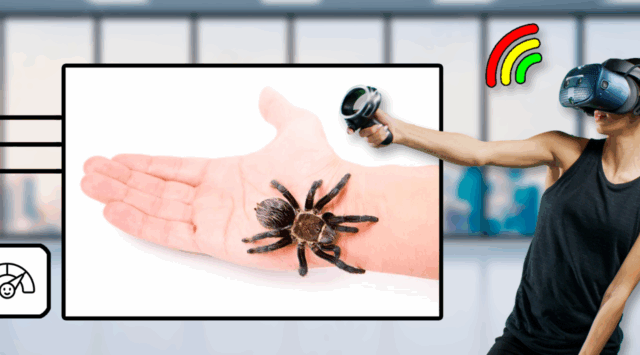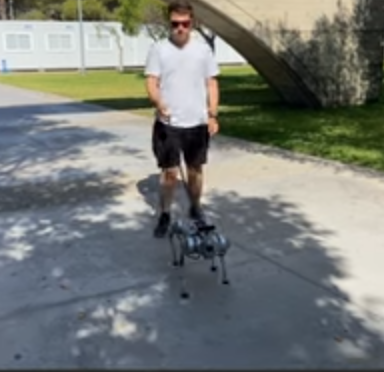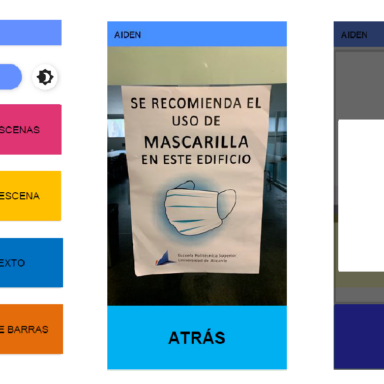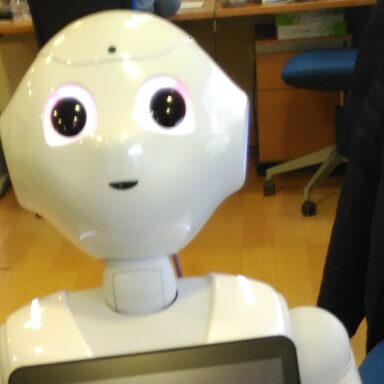Assistive technologies

The ROVIT Research Group designs and develops technological solutions that enhance accessibility, autonomy, and quality of life for individuals with special needs. Our research focuses on applying Artificial Intelligence (AI), robotics, and interactive systems to reduce barriers, promote inclusion, and empower people in their daily lives.
Research Objectives
Accessibility Tools
Create AI-powered systems that support communication, mobility, and interaction for people with physical, sensory, or cognitive impairments.
Rehabilitation Technologies
Develop robotic and AI-driven platforms to assist with motor rehabilitation, therapy, and continuous monitoring.
Smart Environments
Design adaptive and intelligent environments that respond to users’ needs, enabling independent living.
Human–AI Interaction
Explore natural and intuitive interfaces such as voice, gesture, and eye tracking to improve usability.
Technologies we use
AI-based speech recognition and natural language processing for communication aids.
Computer vision and sensor fusion for gesture, facial expression, and mobility detection.
Wearable devices and IoT sensors for health and activity monitoring.
Robotics for physical assistance, mobility support, and rehabilitation.
Virtual and Augmented Reality (VR/AR) for cognitive training and inclusive learning environments.
Applications
Impact
Our research in assistive technologies contributes to building a more inclusive society by reducing barriers and fostering independence. By integrating AI, robotics, and human-centered design, we create tools that empower individuals, support caregivers, and ensure that technology benefits everyone, regardless of ability.
